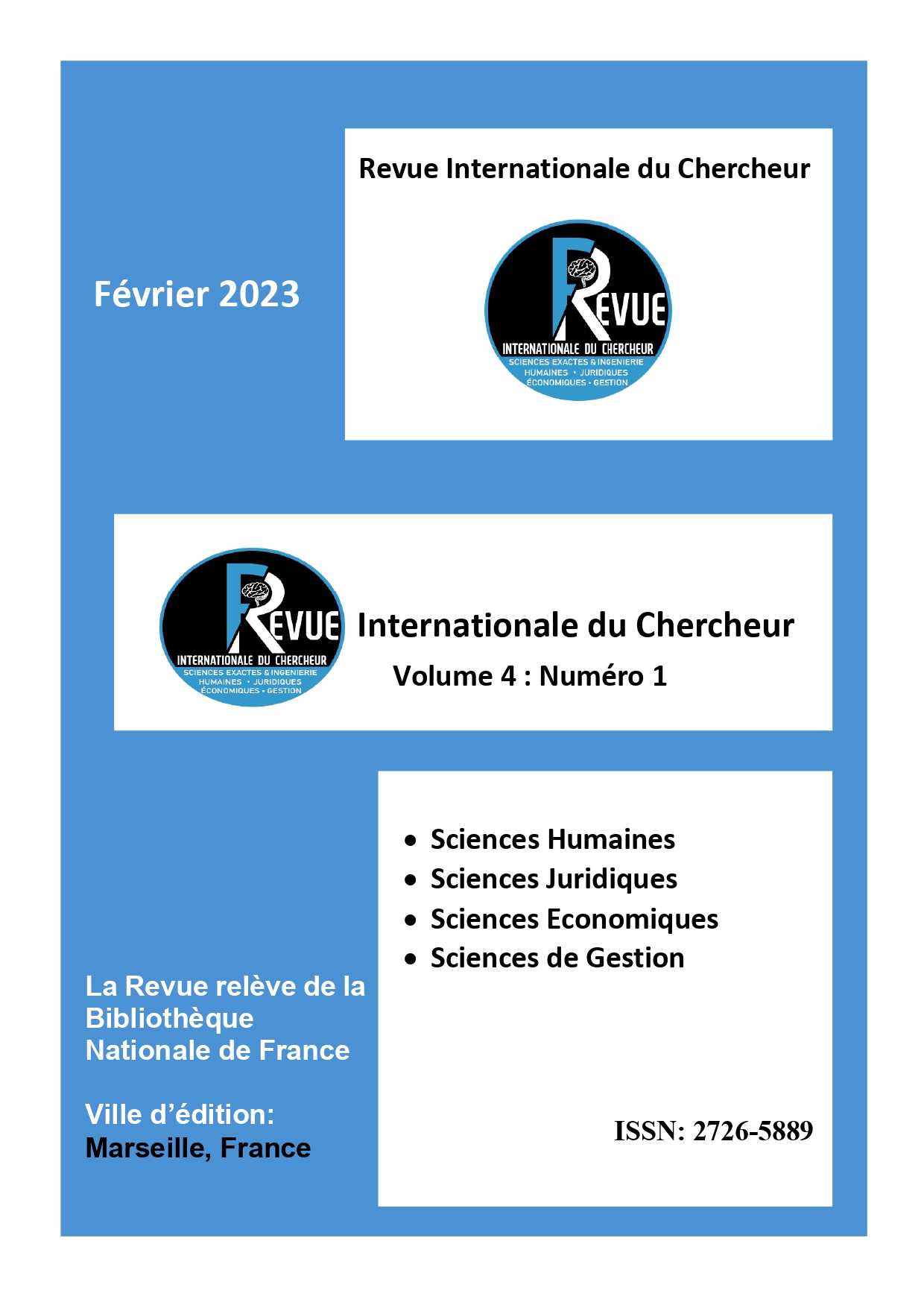Transformation of a precarious (unplanned) neighbourhood into a residential neighbourhood: Study of the sanitation problem of the "Koweit" sub-neighbourhood in the camp-military neighbourhood of the commune of Yopougon
Mots-clés:
Yopougon, Koweït, ChangE, Sanitation, Health risksRésumé
The production and improvement of housing in precarious neighbourhoods are based on progressive and evolving processes that are governed by the needs and capacities of the inhabitants. For example, the 'Kuwait' sub-district in the Camp-militaire district of Yopougon is faced with a serious lack of liquid waste management facilities. Despite development actions by the population and the municipal authorities, the difficult management of liquid waste proliferates in the said neighbourhood, thus causing health risks to which the population is exposed. The objective of this study is to show the impacts of the defective management of liquid waste on the living environment and health of the populations in the study area. The methodology used to achieve this objective combines documentary research and field surveys. At the end of this methodology, the results of the study show the different types of habitats following spatial mutation, that the sub-district is unhealthy with nauseating odours in places and some environmental pathologies encountered such as Malaria (32.03%), Diarrhoea (30.45%), Thyroid Fever (16.48%), Acute Respiratory Infections (13.22%), Dermatitis (7.21%) and Other Environmental Diseases (0.61%).
##plugins.generic.usageStats.downloads##
##submission.downloads##
Publiée
Comment citer
Numéro
Rubrique
Licence
Copyright (c) 2023 Nambahigué Mathieu BAKARY

Ce travail est disponible sous licence Creative Commons Attribution - Pas d’Utilisation Commerciale 4.0 International.















